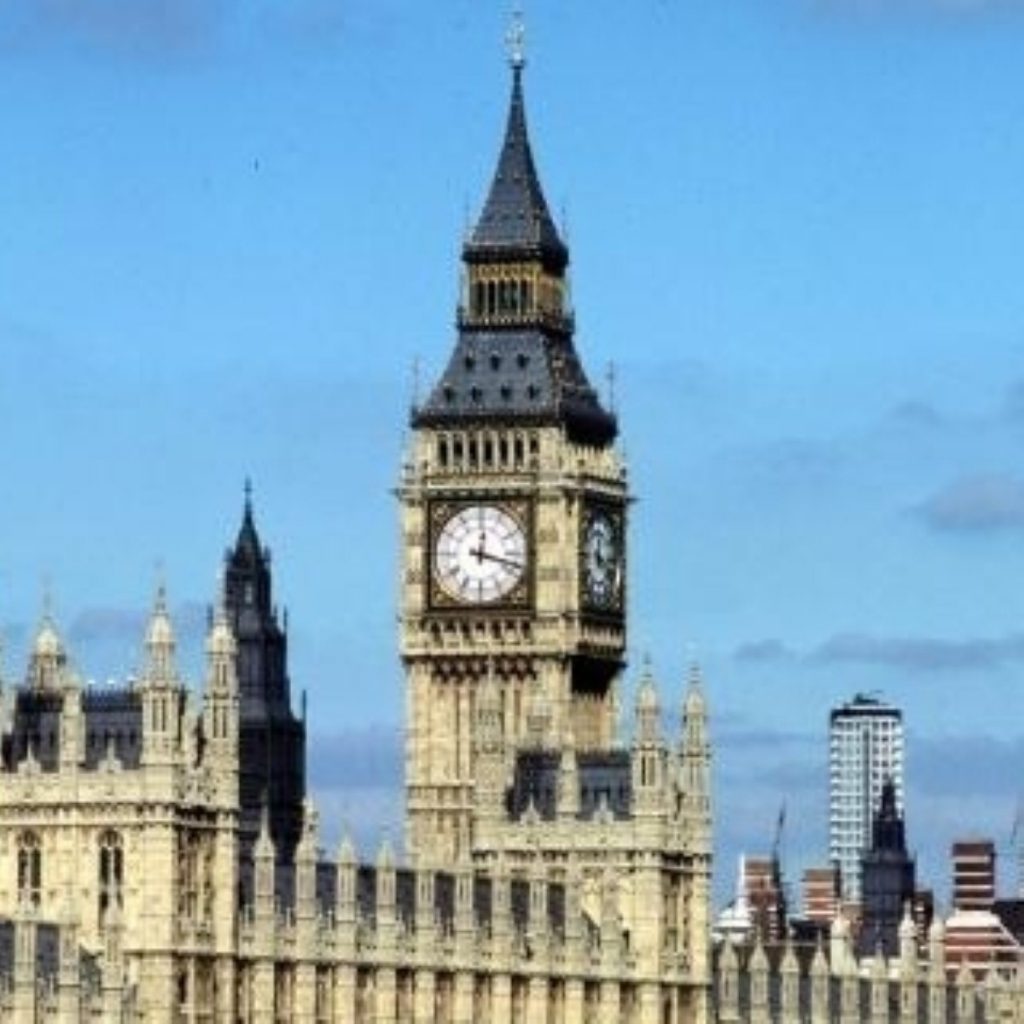House of Commons reform “premature”
Reform of way the House of Commons is elected should be delayed until after the House of Lords has been modernised, the government said today.
Following the long-awaited publication of the government’s review of UK voting systems, the Ministry of Justice (MoJ) said it would be “premature” to reform Westminster elections while debate over the future of the House of Lords is ongoing.
Justice minister Michael Wills said it was the government’s “strong view” that any change to Westminster elections could “fundamentally change” the way parliamentary democracy operates and should be subject to a referendum.
In a written ministerial statement he continued: “At this point, it would be premature to seek to reform the electoral system for the Commons while the voting system for a reformed and substantially or fully elected House of Lords is still to be determined.”


The Electoral Reform Society dismissed this argument as a “complete red herring” while the Liberal Democrats said the entire review was a “huge anti-climax”.
The Liberal Democrats and other smaller parties have long lobbied for a degree of proportional representation (PR), arguing this would make the House of Commons more representative of the spread of votes cast.
Today’s review indicates, however, that the government sees little benefit to proportional representation, based on the experiences of the Scottish parliament and Welsh assembly among others.
According to the review of voting systems, there is “no clear causal relationship” between PR and “desirable outcomes”. Voting systems with a number of PR seats have frequently resulted in coalition governments.
It concludes PR does not increase voter participation, although this has been contradicted by the experience of other countries.
Researchers also found PR seats had not changed the way parties run election campaigns, with a tendency still to fight for constituency seats.
The Liberal Democrats said the government appeared happy to put up with a “broken” political system, accusing both Labour and the Tories of refusing to tackle electoral reform.
Lib Dem leader Nick Clegg said: “As anti-climaxes go this [report] is going to take some beating.
“It takes a peculiar kind of genius for ministers to spend a decade deciding what to do with our voting system before reaching the conclusion that we should wait a bit longer.”
The Electoral Reform Society also expressed its disappointment at the review and called for further debate.
Chief executive Ken Ritchie said how MPs are elected should not just be a matter for MPs and argued for ordinary voters to be given a say.
He criticised the decision to delay House of Commons reform as “a complete red herring.
“It is the Commons that determines who forms the government, and we have got to get rid of a broken system for Commons elections whatever happens in the Lords.”
The government plans to publish a white paper on House of Lords reform before the end of the summer. In March last year MPs voted for a wholly or 80 per cent elected second chamber.












